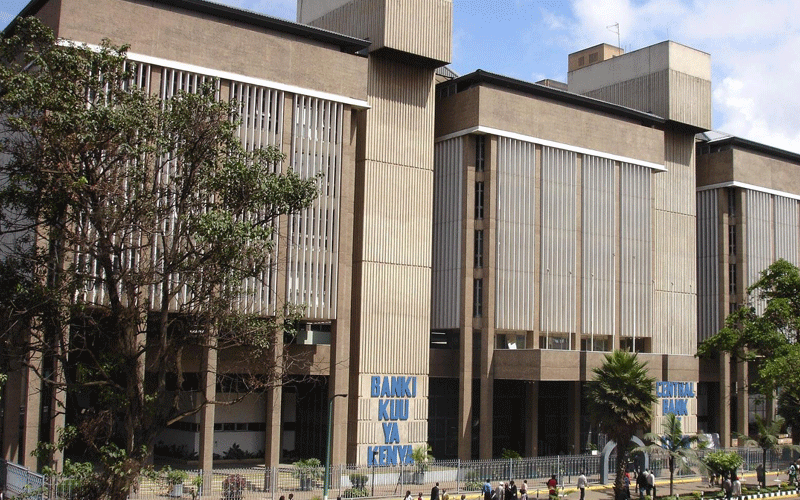Shilling faces extended fall against dollar
By Zachary Ochuodho, May 19, 2020Zachary Ochuodho @Zachuodho
The shilling is seen coming under pressure in the coming days due to rising demand for the US dollar from foreigners exiting the local market to safer havens, analysts have said.
Another factor expected to put pressure on the currency is increased demand as merchandise and energy sector importers beef up their hard currency positions amid a slowdown in foreign dollar currency inflows.
Subdued diaspora remittances due to the decline in economic activities globally coupled with increased prices of household items leading to lower disposable income is also adding to the pressure.
Last week the shilling depreciated 0.8 per cent from Sh106 to Sh106.8 due to the rising demand from businesses buying hard currency to meet their obligations as economic activity slowly resumes amid the novel coronavirus pandemic.
Analysts said the depreciation is likely to continue for the rest of the year, mainly due to balance of payment, public debt and forex reserves – all which have negative effects on the shilling.
Churchill Ogutu, Head of Research – Genghis Capital Ltd, said the three factors will in the long run have a huge impact on the shilling.
He said for the past one year the shilling has depreciated by 5.4 per cent against the dollar compared to the 0.5 per cent appreciation in 2019.
Shiv Arora, Chief Operating Officer at Cytonn Investments added that the pressure is also likely to mount due to subdued diaspora remittances coupled with increased prices of household items leading to lower disposable income.
Arora said forex reserves which stand at $8.5 million (5.1-months of import cover) and other inflows from the IMF Rapid Credit Facility, so far approved, that will add Sh78.7 billion to the reserves will not stop the shilling from decline.
Also unlikely to help much is Central Bank’s supportive activities in the money markets which include the intention to purchase $400.0 million (Sh42.7 billion) from banks for four months beginning March to bolster the forex reserves.
John Kirimi, Sterling Capital director said the shilling is being hit from a number of sides and its level will depend on the variable which has the greatest
More Articles

